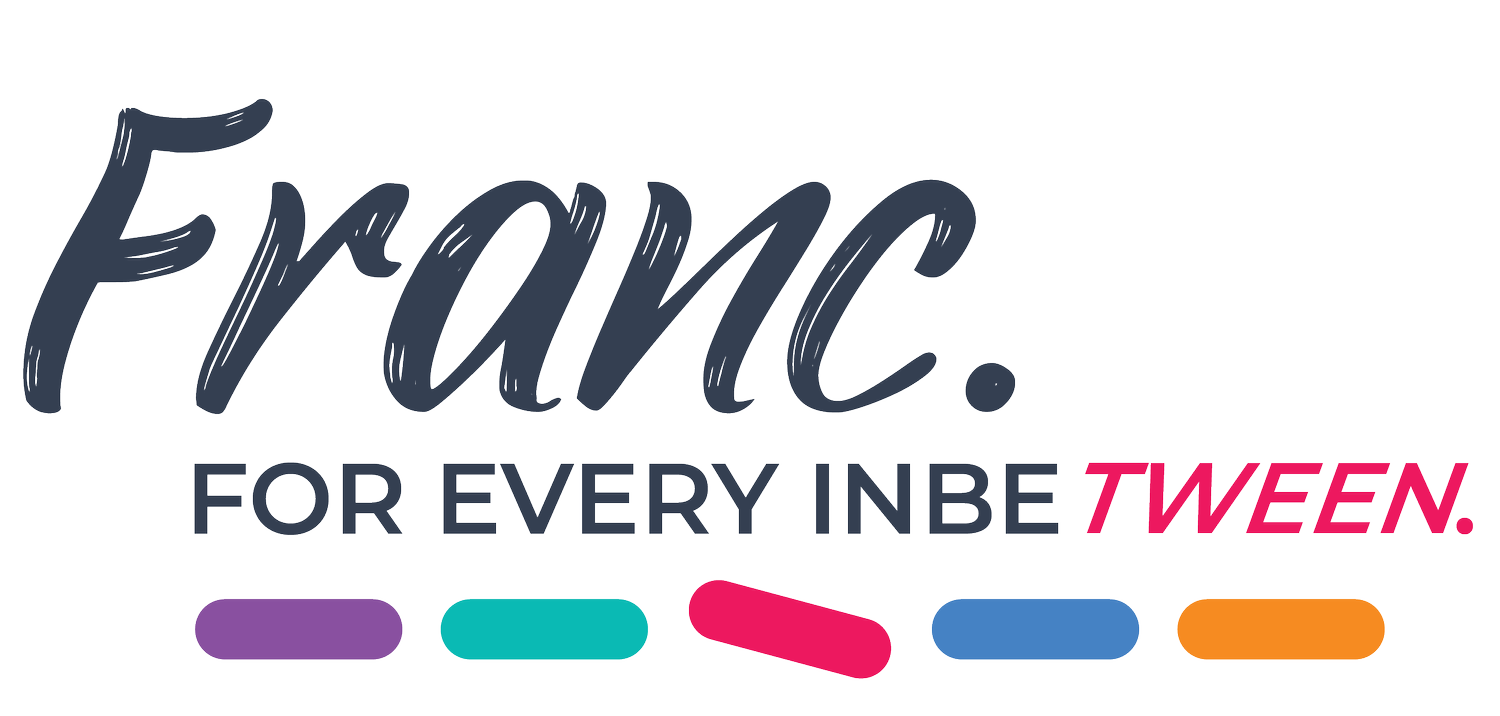PART FOUR: Confidence
“Confidence is something you create within yourself by believing in who you are.”
Just before our tween years begin - up until the age of 8 – there is no discernible difference between confidence levels in boy and girls. Recent research however shows that from ages 8 to 14 boys are more likely than girls to describe themselves as confident, strong, adventurous and fearless. In stark contrast, girls' confidence drops by 30% between the ages of 8 and 14. In addition, once this confidence gap opens, it often fails to close in later life.
Textbook definition?
Confidence is feeling sure of yourself and your abilities in a realistic and secure way. Confidence isn't about feeling superior to others, rather it's a quiet inner knowledge that you're capable.
So what does research suggest is the reason for this drop in confidence in the tween years? There seem to be myriad causes for tween angst, particularly amongst females, including confidence issues surrounding friendships, beliefs, over thinking (or ruminating) and worrying about what others think.
Whilst boys are describing themselves as strong and fearless, girls are focused on trying to please everyone, achieve more and follow rules."
Additional contributing factors that can explain this drop in confidence amongst tween girls include the fact that girls become more aware of others’ emotions, which in turn makes them more cautious and risk averse.
Another factor to consider is that whilst boys are describing themselves as strong and fearless, girls are focused on trying to please everyone, achieve more and follow rules. In turn, many tween girls are focused on setting impossibly high standards for themselves. Parents, teachers and caregivers frequently encourage and reward this perfectionistic behaviour, supporting girls to subconsciously nurture these traits over the long term and experiencing difficulties later on in life.
On top of all this, the world of social media is supremely unhelpful and its effects may be harsher for girls. The internet multiplies social stresses and removes the possibility of distance, instead offering constant and instantaneous praise or condemnation.
So what can we do to encourage Tweens to build their self-esteem and confidence? Here are a few things to think about…
Encourage tweens to value their skills and talents and build their self-worth.
Praise effort and development of new skills instead of outcome.
Be a good listener, pay attention and help them to feel validated.
Encourage supportive and meaningful relationships outside of family.
Encourage resilience and coping skills by balancing freedom with guidance.
Be a good role model by demonstrating healthy self-esteem and confidence.
Model body acceptance.
Encourage media literacy and the ability to decode and filter media messaging.
When a tween has confidence, they can think outside the box, make safe and informed decisions, strive to achieve what they want in life and take risks armed with the resilience they need to overcome adversity. In addition, confident tweens stand by their values, are not easily swayed by others and are less likely to succumb to peer pressures.
Want to read more? Thanks to our friends at QBD Books, we recommend:
The Confidence Code for Girls
Buy it now at QBD Books
NOTE: THE TWEEN GUIDES ARE DESIGNED TO PROMPT FURTHER DISCUSSION BETWEEN PARENTS/CARERS AND OUR TWEENS. ALTHOUGH THEY ARE BASED ON FACTUAL RESEARCH, WE ENCOURAGE YOU TO SEEK YOUR OWN TRUTHS AND CONSULT A PROFFESSIONAL IF AND WHEN REQUIRED.


